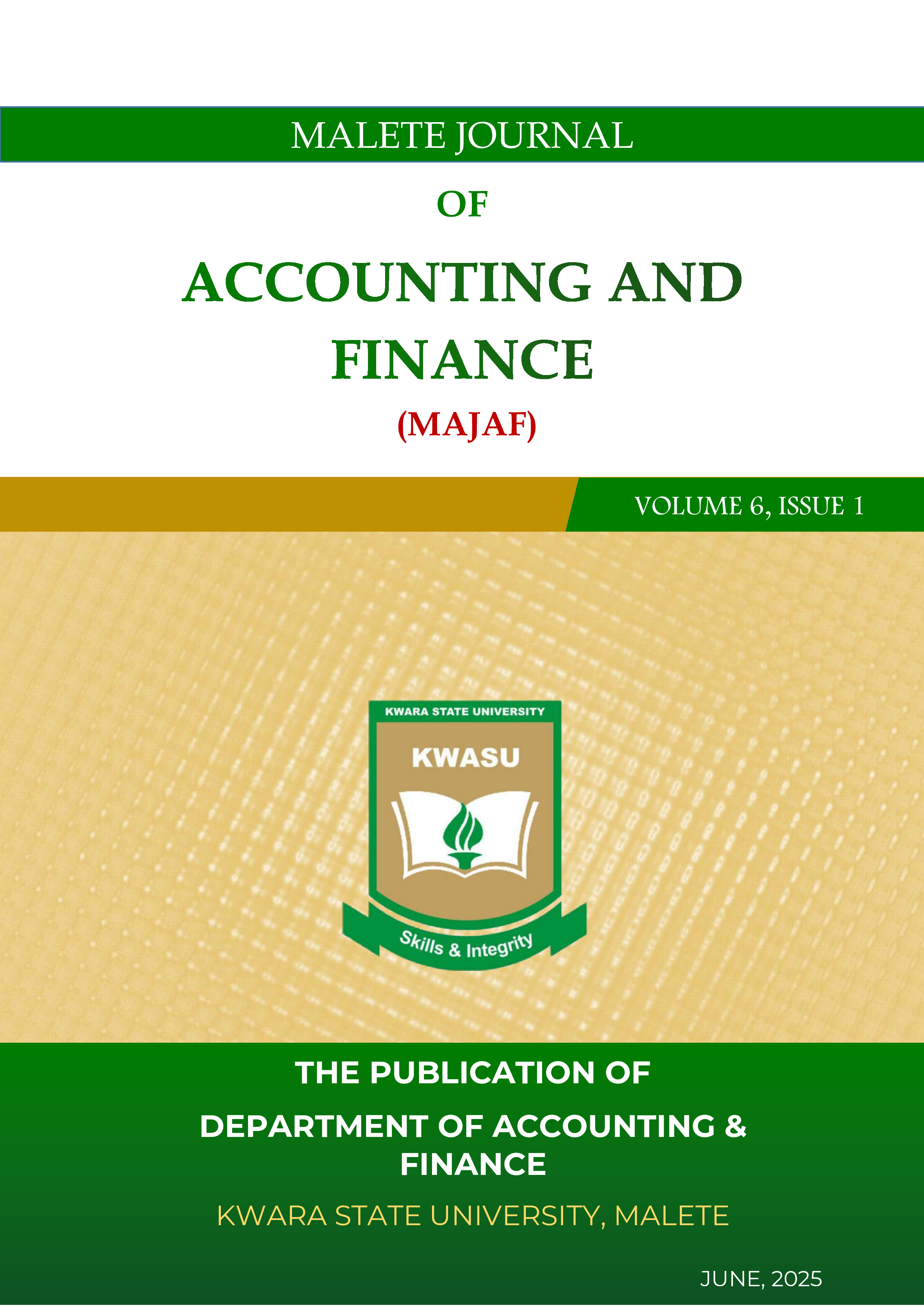CYBERCRIME AND FORENSIC EXAMINATION IN NIGERIA: HOW RELEVANT IS THE DETERENT THEORY
Keywords:
Cybercrime, Digital Economy, Economic Security, Institutional Theory, NigeriaAbstract
Cybercrime has emerged as a profound threat to Nigeria’s economic security, undermining financial stability, investor confidence, and long-term development prospects. This study investigates the dynamic relationship between rising cybercrime activities and the resilience of Nigeria’s economy between 2014 and 2024. Using secondary data synthesized into six structured tables, the analysis explores financial losses, institutional vulnerabilities, and the broader economic implications of cyber insecurity. The findings reveal a persistent increase in cyber-related crimes, with attendant costs to the banking sector, foreign investment inflows, and national revenue generation. Institutional Theory provides the theoretical lens, emphasizing how weak institutional capacity, fragmented regulatory frameworks, and inadequate enforcement mechanisms have enabled cybercrime to flourish despite existing policies. The study concludes that cybercrime is not merely a law enforcement issue but a systemic economic threat requiring multidimensional responses. Strengthening institutional frameworks, embedding cybersecurity in economic development strategies, and fostering collaborative digital resilience among state and non-state actors are recommended. By situating cybercrime within the broader context of economic security, the paper offers a critical contribution to policy and scholarship, highlighting both the challenges and opportunities for securing Nigeria’s digital economy.
Downloads

Downloads
Published
Issue
Section
License
Copyright (c) 2025 Author(s)

This work is licensed under a Creative Commons Attribution 4.0 International License.







